Dandruff is a common scalp condition that affects many people, causing itchiness and flaking.
It can be an embarrassing and frustrating problem to deal with, but the good news is that there are natural remedies available to help get rid of dandruff.
These remedies are gaining popularity due to their use of natural ingredients and their accessibility.
Using home remedies for dandruff has several advantages:
Busy? Save this pin for later.
- Gentle on the scalp: They often contain natural ingredients that are gentle on the scalp and less likely to cause irritation or side effects compared to harsh chemicals found in some commercial products.
- Cost-effective: These remedies are easily available in most households or can be easily purchased without breaking the bank.
- Holistic approach: They offer a more holistic approach by addressing not just the symptoms of dandruff but also promoting overall scalp health.
In this post, we will explore six natural home remedies for dandruff that have been proven effective by many individuals. These remedies include:
- Tea tree oil
- Coconut oil
- Aloe vera
- Apple cider vinegar
- Aspirin
- Baking soda
Each of these remedies works in its unique way to target the underlying causes of dandruff and provide relief from its symptoms.
1. Tea Tree Oil for Dandruff
Tea tree oil is a popular natural remedy for dandruff due to its potent antifungal properties. It works on dandruff by targeting the underlying fungal infection responsible for the flaking and itching on the scalp.
The antifungal nature of tea tree oil makes it effective in combating the overgrowth of yeast, which is a common cause of dandruff.
Methods of Using Tea Tree Oil
There are several methods for using tea tree oil to address dandruff:
- Dilution with a Carrier Oil: Mixing a few drops of tea tree oil with a carrier oil, such as coconut or olive oil, can help reduce the risk of skin irritation while providing an effective application to the scalp.
- Addition to Shampoo: Adding a few drops of tea tree oil to your regular shampoo can create an antifungal treatment during each wash, helping to manage dandruff over time.
Precautions
While tea tree oil is beneficial for many individuals in managing dandruff, there are precautions to consider:
- Patch Test: Before applying tea tree oil directly to the scalp, it’s essential to conduct a patch test on a small area of the skin to check for any adverse reactions or sensitivity.
- Proper Dilution: When diluting tea tree oil with carrier oils or adding it to shampoo, be mindful of the recommended ratios to prevent skin irritation.
- Consultation with a Professional: If you have any existing scalp conditions or sensitivities, consulting with a dermatologist before using tea tree oil can provide personalized guidance.
You Might Also Like: 16 Best Serums for Hair Growth and Thickness (2024)
2. Coconut Oil for Dandruff
Coconut oil is another popular home remedy for treating dandruff. It has antimicrobial properties that can combat the yeast overgrowth responsible for dandruff. Here are some key points to consider when using coconut oil for dandruff:
Application Methods
There are a few different ways to apply coconut oil to the scalp for maximum benefits. One method is to warm the oil slightly and massage it into the scalp using circular motions. Leave it on for at least 30 minutes or overnight before washing it out with a gentle shampoo.
Another option is to mix coconut oil with lemon juice, which has natural exfoliating properties that can help remove dead skin cells and reduce itchiness.
Moisturizing Benefits
In addition to its antimicrobial properties, coconut oil also provides moisturizing benefits for the scalp. It helps to restore the natural barrier function of the skin, preventing dryness and flakiness. This can be especially beneficial for individuals with dry scalp conditions that contribute to dandruff.
Carrier Oil Considerations
If you find that pure coconut oil is too heavy or greasy for your scalp, you can try diluting it with a carrier oil such as olive oil or almond oil. This will make it easier to spread and absorb into the scalp without leaving a residue.
It’s important to note that while coconut oil can be effective for many people, it may not work for everyone. Dandruff can have various underlying causes, and what works for one person may not work for another.
It’s always a good idea to do a patch test before applying coconut oil or any other product to your scalp, especially if you have sensitive skin or allergies.
3. Aloe Vera for Dandruff
Aloe vera is a popular natural remedy for dandruff due to its soothing and anti-inflammatory properties. It can provide relief from symptoms like itchiness and redness on the scalp. Here are some key points about using aloe vera for dandruff:
Soothing properties
Aloe vera has long been used for its soothing effects on the skin. It contains compounds that can calm inflammation and reduce itching, making it an ideal ingredient for treating dandruff.
Application methods
There are several ways to apply aloe vera to the scalp for maximum benefits. One method is to extract the gel from an aloe vera leaf and apply it directly to the scalp.
Leave it on for about 30 minutes before rinsing it off with water. Another option is to mix aloe vera gel with lemon juice and apply the mixture to the scalp. Lemon juice has antimicrobial properties that can enhance the effectiveness of aloe vera in combating dandruff.
Caution for sensitive skin
While aloe vera is generally safe to use, it may cause irritation in some individuals, especially those with sensitive skin. It’s always recommended to do a patch test before applying aloe vera to the entire scalp. Apply a small amount of diluted aloe vera gel on a small area of the skin and wait for 24 hours to check for any adverse reactions.
It’s worth noting that while aloe vera can provide temporary relief from dandruff symptoms, it may not address the underlying cause of dandruff, such as fungal or bacterial overgrowth on the scalp.
If your dandruff persists or worsens despite using aloe vera, it’s advisable to consult a dermatologist for further evaluation and appropriate treatment.
You Might Also Like: How To Make DIY Hair Masks for Damaged Hair
4. Apple Cider Vinegar for Dandruff
Apple cider vinegar (ACV) is a popular natural remedy for dandruff due to its exfoliating properties and ability to maintain scalp pH balance. Here’s how it works and how to use it effectively:
Exfoliating Properties
ACV helps get rid of dandruff flakes by gently exfoliating the scalp, preventing the buildup of dead skin cells that contribute to flakiness. Its acidic nature aids in breaking down the bonds between these cells, making it easier to rinse them away.
Proper Dilution Ratios
It’s crucial to dilute ACV before applying it to the scalp to avoid irritation from its acidity. A common dilution ratio is mixing one part ACV with one part water. This balanced mixture reduces the risk of skin irritation while retaining the beneficial properties of ACV.
Application Technique
After shampooing, pour the diluted ACV over your hair and scalp. Gently massage it into the scalp, ensuring even distribution. Allow it to sit for a few minutes before thoroughly rinsing it out with water.
Using ACV as a final rinse can help restore the scalp’s natural pH balance, further promoting a healthy environment and getting rid of dandruff symptoms.
By incorporating apple cider vinegar into your hair care routine, you can harness its exfoliating prowess to combat dandruff effectively without causing harm to your scalp.
5. Aspirin for Dandruff
Salicylic acid, a key ingredient in many anti-dandruff products, is also found in aspirin and can be an effective remedy for treating dandruff. Salicylic acid acts as an exfoliant, helping to remove dead skin cells from the scalp and reduce flakiness. Here are some important points to know about using aspirin for dandruff:
- Crushing aspirin tablets: To create a dandruff-fighting treatment, you can crush a few aspirin tablets into a fine powder. Make sure to use uncoated aspirin tablets as the coating may interfere with the effectiveness of the treatment.
- Combining with mild shampoo: Once you have crushed the aspirin tablets, you can mix the powder with your regular mild shampoo. Start with a small amount of powder and gradually increase the quantity as needed. Apply the mixture to your scalp and massage it gently, focusing on areas prone to dandruff.
- Leave-on time: After massaging the mixture into your scalp, leave it on for a few minutes to allow the salicylic acid to work its magic. Then, rinse thoroughly with lukewarm water. Be sure to remove all traces of the mixture from your hair to avoid any residue buildup.
- Precautions for allergies or sensitivities: While aspirin can be an effective remedy for many people, it’s important to note that some individuals may be allergic or sensitive to aspirin. If you experience any adverse reactions such as itching, redness, or swelling after using this treatment, discontinue use immediately and consult a dermatologist.
6. Baking Soda for Dandruff
Can baking soda be used as an alternative to commercial dandruff shampoos? Discuss its exfoliating properties and ability to clarify the scalp.
- Baking soda, known for its exfoliating properties, can help remove dead skin cells and excess oils from the scalp, potentially reducing dandruff flakes.
- Creating a paste with baking soda and water allows for gentle scrubbing of the scalp, promoting exfoliation and removal of buildup.
- However, it’s important to avoid long-term or frequent use of baking soda due to its alkaline nature which can disrupt the scalp’s natural pH level. Overuse may lead to dryness and irritation, exacerbating dandruff symptoms.
Lifestyle Tips for Dandruff Prevention
To prevent dandruff from recurring, it is important to make certain lifestyle changes that promote a healthy scalp environment. These changes include managing stress, maintaining a balanced diet, practicing good personal hygiene, and avoiding over-washing the hair.
Here are some key tips to consider:
Manage Stress:
Stress can contribute to various health issues, including dandruff. Finding effective stress management techniques such as meditation, deep breathing exercises, or engaging in hobbies can help reduce stress levels and potentially get rid of dandruff flare-ups.
Exercise Regularly:
Regular exercise not only promotes overall well-being but also improves blood circulation to the scalp. Increased blood flow nourishes the hair follicles and helps maintain a healthy scalp.
Follow an Anti-inflammatory Diet:
Inflammation can disrupt the scalp’s natural balance and contribute to dandruff. Consuming foods rich in omega-3 fatty acids, such as fatty fish (salmon, mackerel), walnuts, chia seeds, and flaxseeds, can help reduce inflammation in the body and promote a healthier scalp.
Practice Good Personal Hygiene:
Maintaining good hygiene is essential to get rid of dandruff. Regularly washing your hair with a gentle shampoo can help remove excess oil, dead skin cells, and any build-up that may contribute to dandruff formation. However, avoid over-washing as it can strip the scalp of its natural oils and lead to dryness.
Avoid Harsh Hair Products:
Certain hair products containing harsh chemicals or strong fragrances can irritate the scalp and trigger dandruff. Opt for mild shampoos and conditioners that are specifically formulated for sensitive scalps or dandruff-prone hair.
Remember that these lifestyle tips are complementary to the use of home remedies for dandruff treatment. By incorporating these practices into your daily routine, you can create a healthier scalp environment and reduce the likelihood of dandruff recurrence.
Keep in mind that if your dandruff persists or worsens despite these lifestyle changes, it may be necessary to seek medical treatment. Severe itching, redness, swelling, or the presence of sores or blisters on the scalp are indicators that warrant a dermatologist’s evaluation.
When to Consider Medical Treatment
In some cases, dandruff may be a symptom of underlying scalp conditions that require medical intervention. It’s important to be aware of signs that indicate the need for a dermatologist’s evaluation:
- Severe Itching: If you experience intense itching despite trying home remedies, it may be a sign of a more serious scalp condition that needs professional attention.
- Redness or Swelling: Persistent redness or swelling of the scalp could indicate an underlying issue that requires medical treatment.
- Presence of Sores or Blisters: If you notice sores or blisters on your scalp, it’s essential to seek medical care to determine the cause and appropriate treatment.
If any of these signs are present, it is advisable to consult a dermatologist for a proper diagnosis and care. Taking prompt action can help address any underlying scalp conditions and ensure effective management of dandruff symptoms.
Conclusion
Trying out these effective and convenient home remedies to get rid of dandruff can be a great first step before seeking medical treatment. The natural ingredients used in these remedies have been known for their antifungal, antimicrobial, and exfoliating properties that can help get rid of dandruff.
However, it is important to keep in mind that if your condition persists or worsens despite using these remedies, it is crucial to consult a dermatologist for proper diagnosis and care.
The benefits of using natural ingredients go beyond just treating dandruff. They also contribute to maintaining a healthy scalp environment. These remedies can help balance the scalp’s pH levels, moisturize the scalp, reduce inflammation, and soothe itchiness.
So why not give these natural remedies a try? They are easily accessible, cost-effective, and have the potential to provide relief from dandruff symptoms. Take control of your scalp health and embrace the power of nature in getting rid of dandruff naturally.
You Might Also Like: 5 Natural Hair Growth Boosters for Thin or Slow-Growing Hair
FAQs (Frequently Asked Questions)
How does tea tree oil work on dandruff?
Tea tree oil works on dandruff due to its antifungal properties that help eliminate the underlying fungal infection responsible for dandruff. It can be used by diluting it with a carrier oil or adding it to shampoo. However, precautions should be kept in mind when using tea tree oil on the scalp.
How can coconut oil be effective in treating dandruff?
Coconut oil can be effective in getting rid of dandruff due to its antimicrobial properties that combat the yeast overgrowth causing dandruff. It can be applied on the scalp for maximum benefits and also provides moisturizing benefits for a healthy scalp barrier function.
What are the soothing properties of aloe vera for dandruff?
Aloe vera has soothing and anti-inflammatory properties that can provide relief from dandruff symptoms like itchiness and redness.
It can be applied using various methods and potential combinations with other ingredients like lemon juice, but caution should be taken for those with sensitive skin as aloe vera may cause irritation in some cases.
How does apple cider vinegar help in removing dandruff flakes and maintaining scalp pH balance?
Apple cider vinegar helps in getting rid of dandruff flakes and maintaining scalp pH balance through its exfoliating properties.
Proper dilution ratios and techniques should be followed to avoid scalp irritation from the acidity of ACV, and it is recommended to rinse hair with diluted ACV as a final step after shampooing.
What is the role of salicylic acid found in aspirin for treating dandruff?
Salicylic acid, a key ingredient in many anti-dandruff products, is found in aspirin for exfoliating the scalp and reducing flakiness.
Aspirin tablets can be crushed and combined with a mild shampoo to create a dandruff-fighting treatment, but precautions should be taken for individuals with aspirin allergies or sensitivities.
Can baking soda be used as an alternative to commercial dandruff shampoos?
Baking soda can be used as an alternative to commercial dandruff shampoos due to its exfoliating properties and ability to clarify the scalp.
A paste can be created with baking soda and water for gentle scrubbing of the scalp, but long-term or frequent use should be avoided due to its alkaline nature that can disrupt the scalp’s natural pH level.
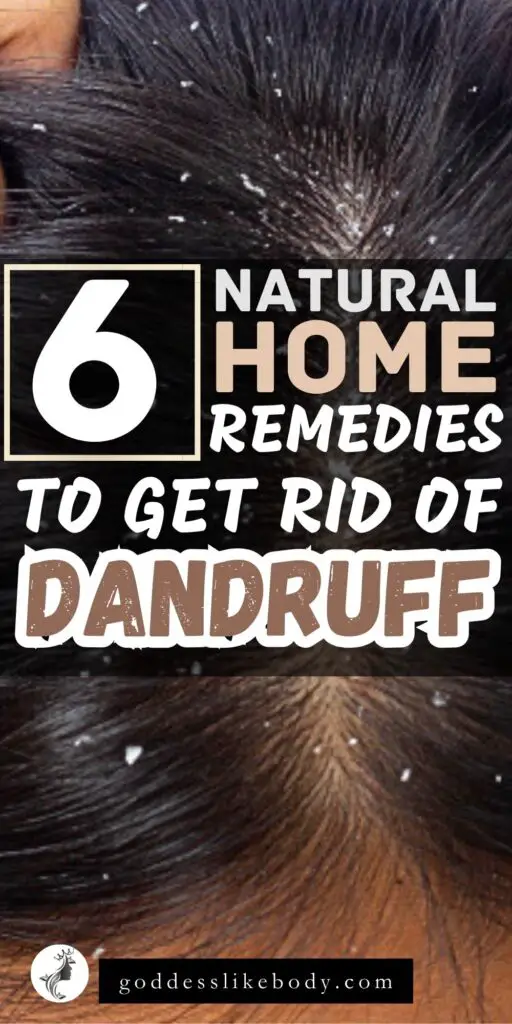
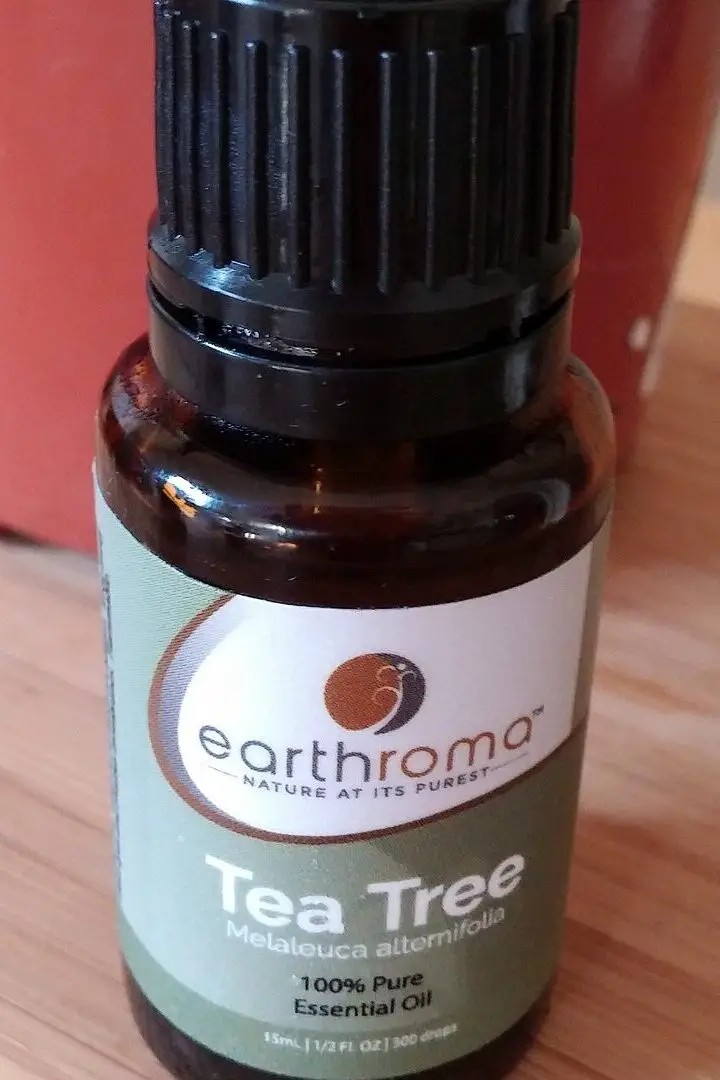
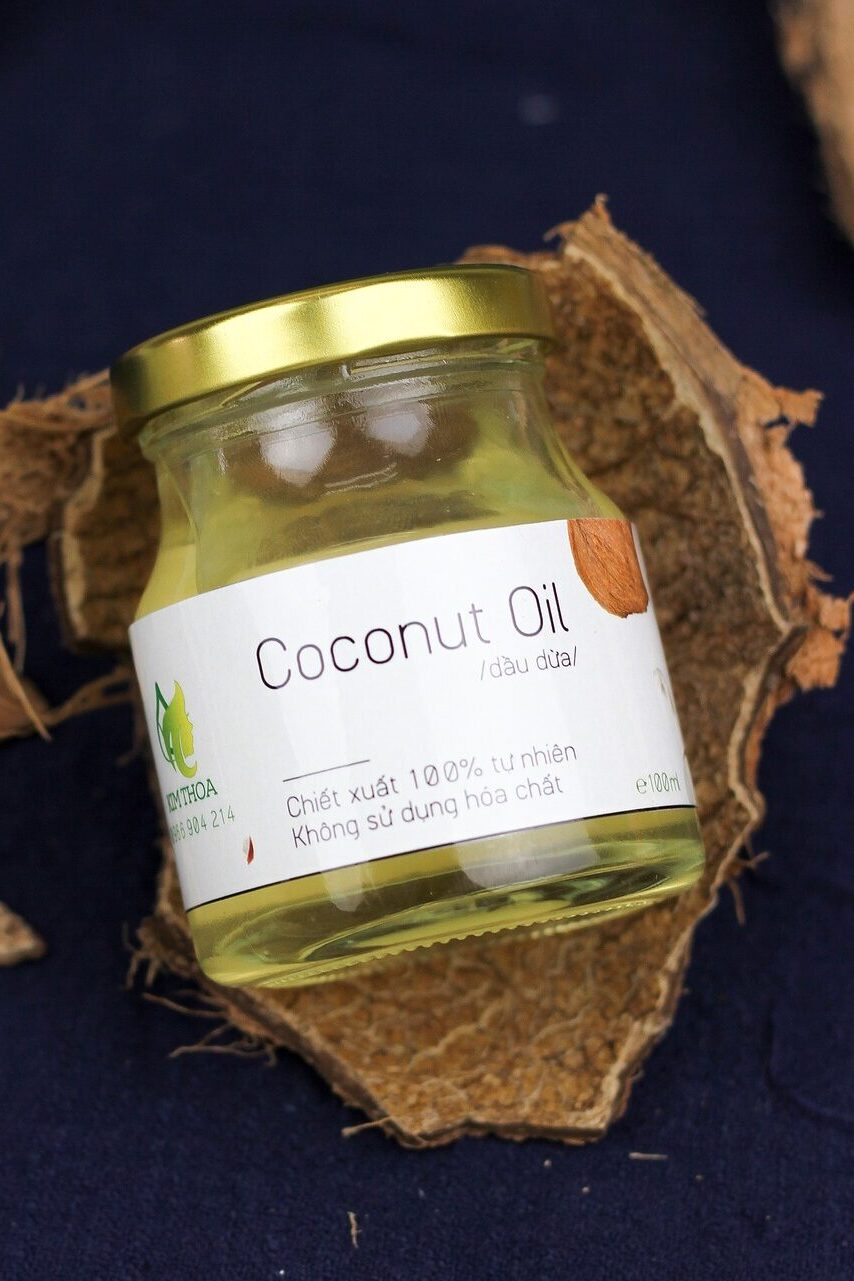
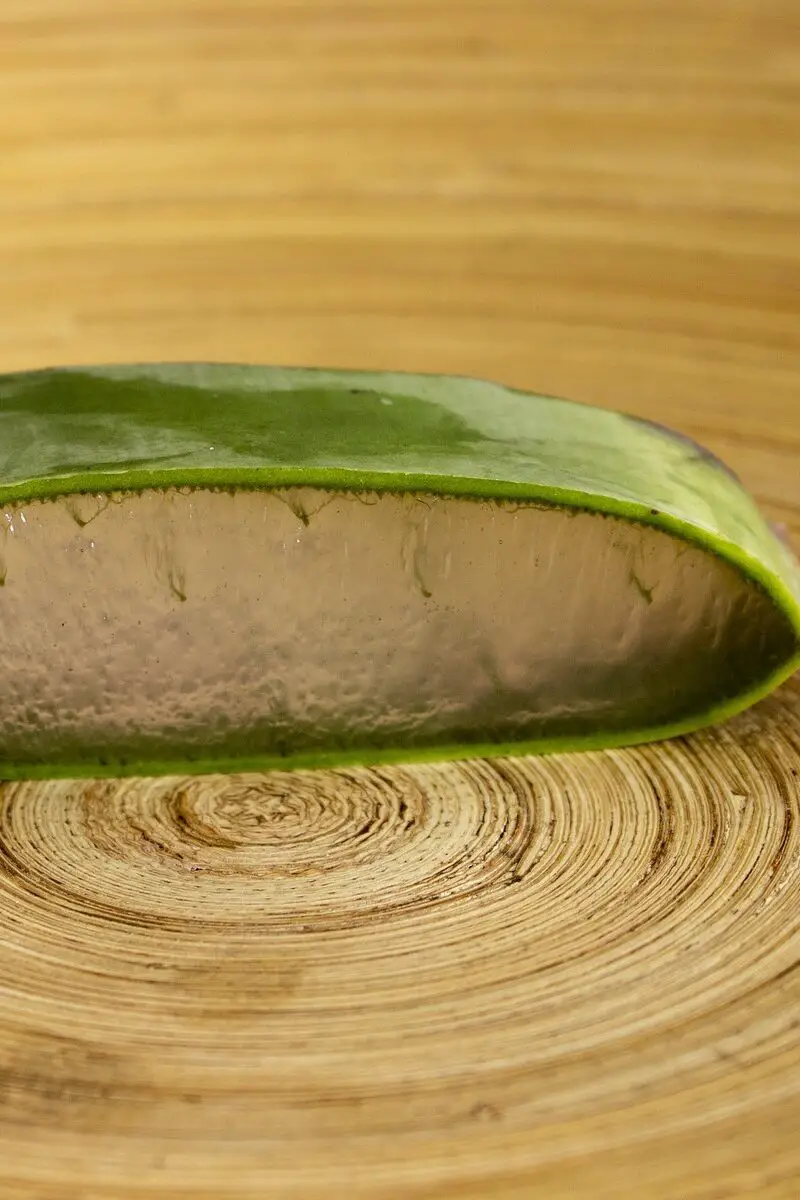
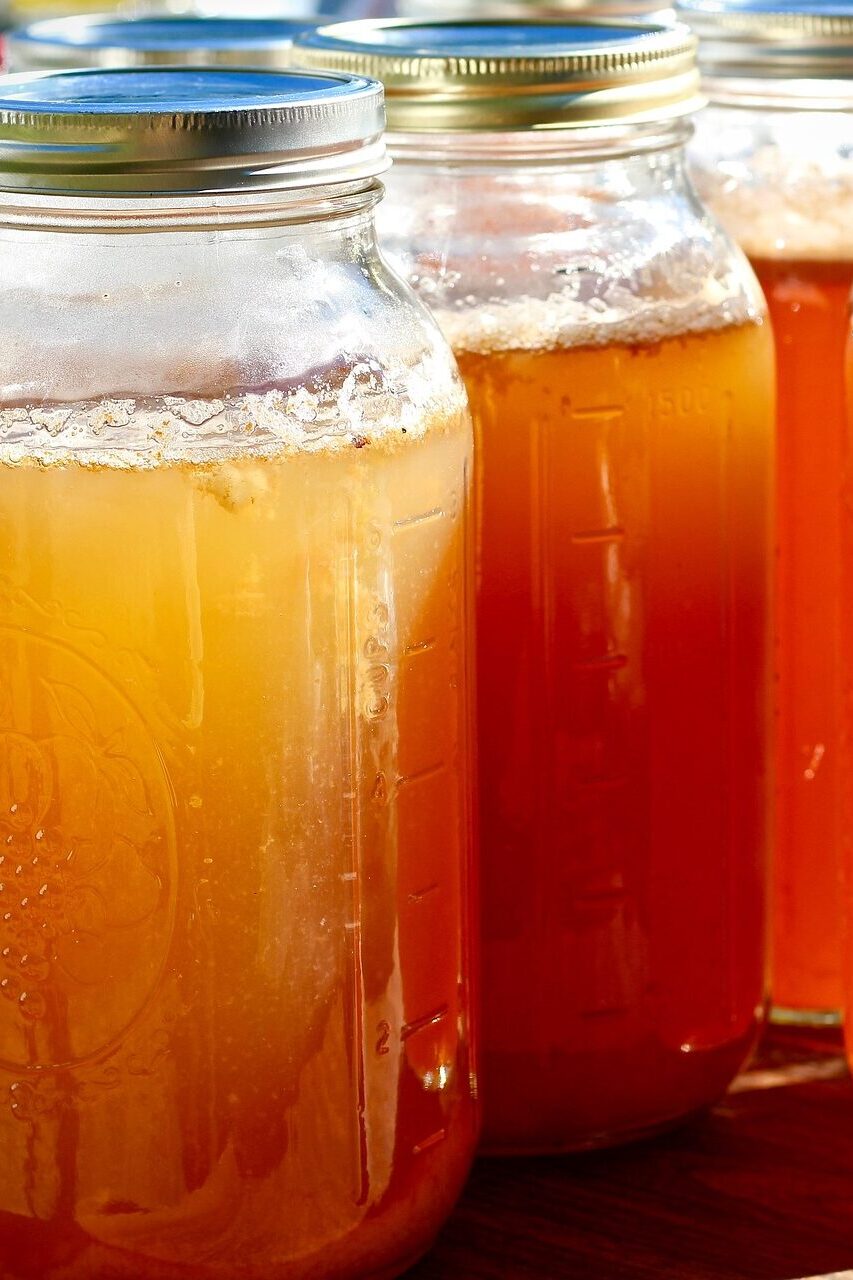
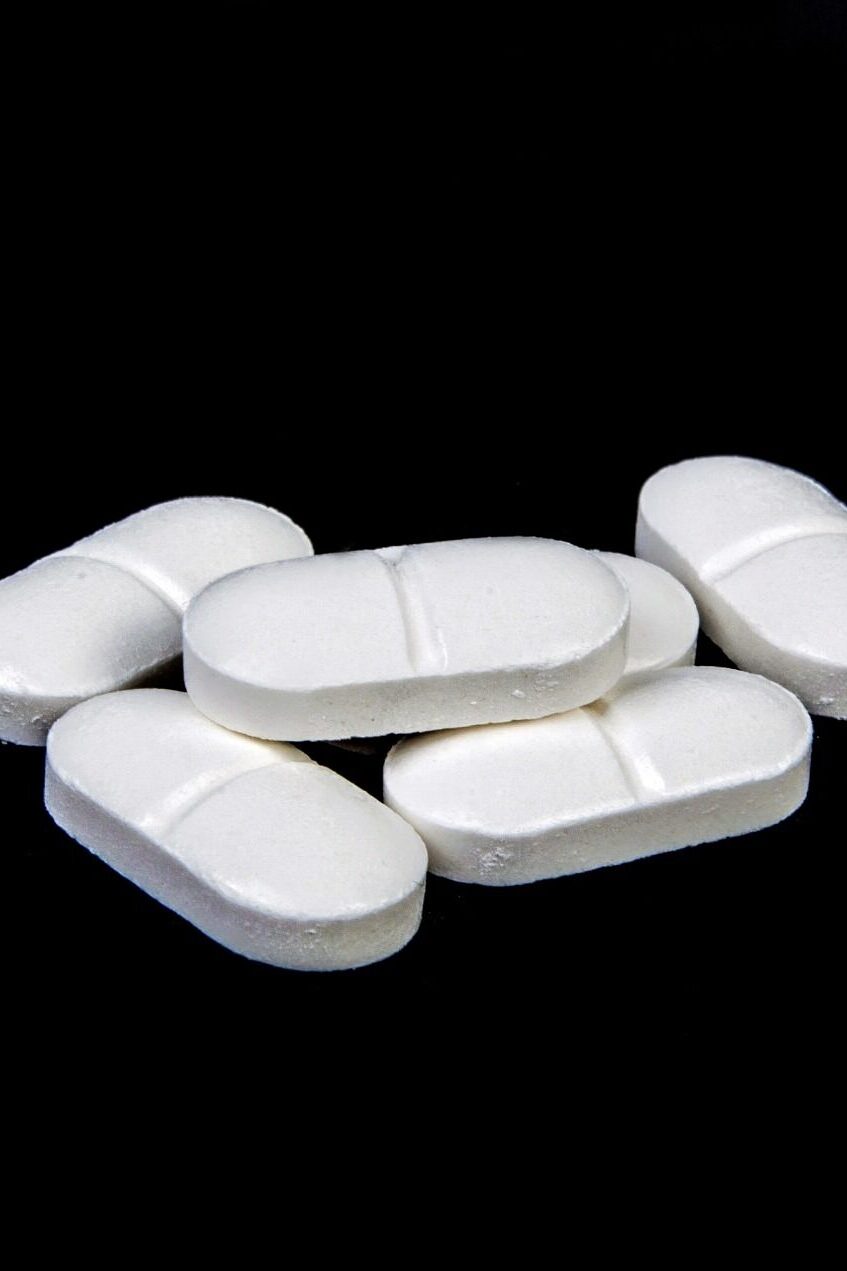
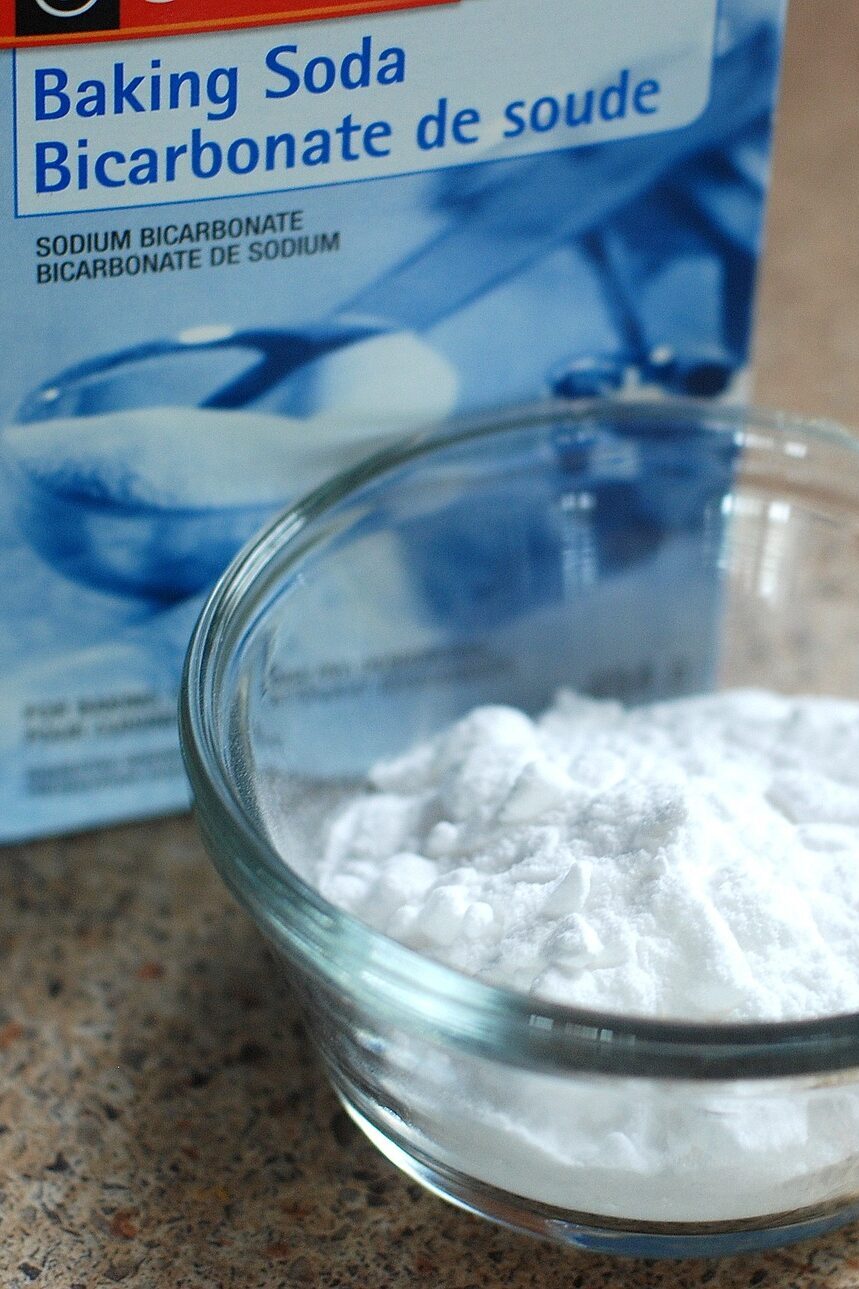
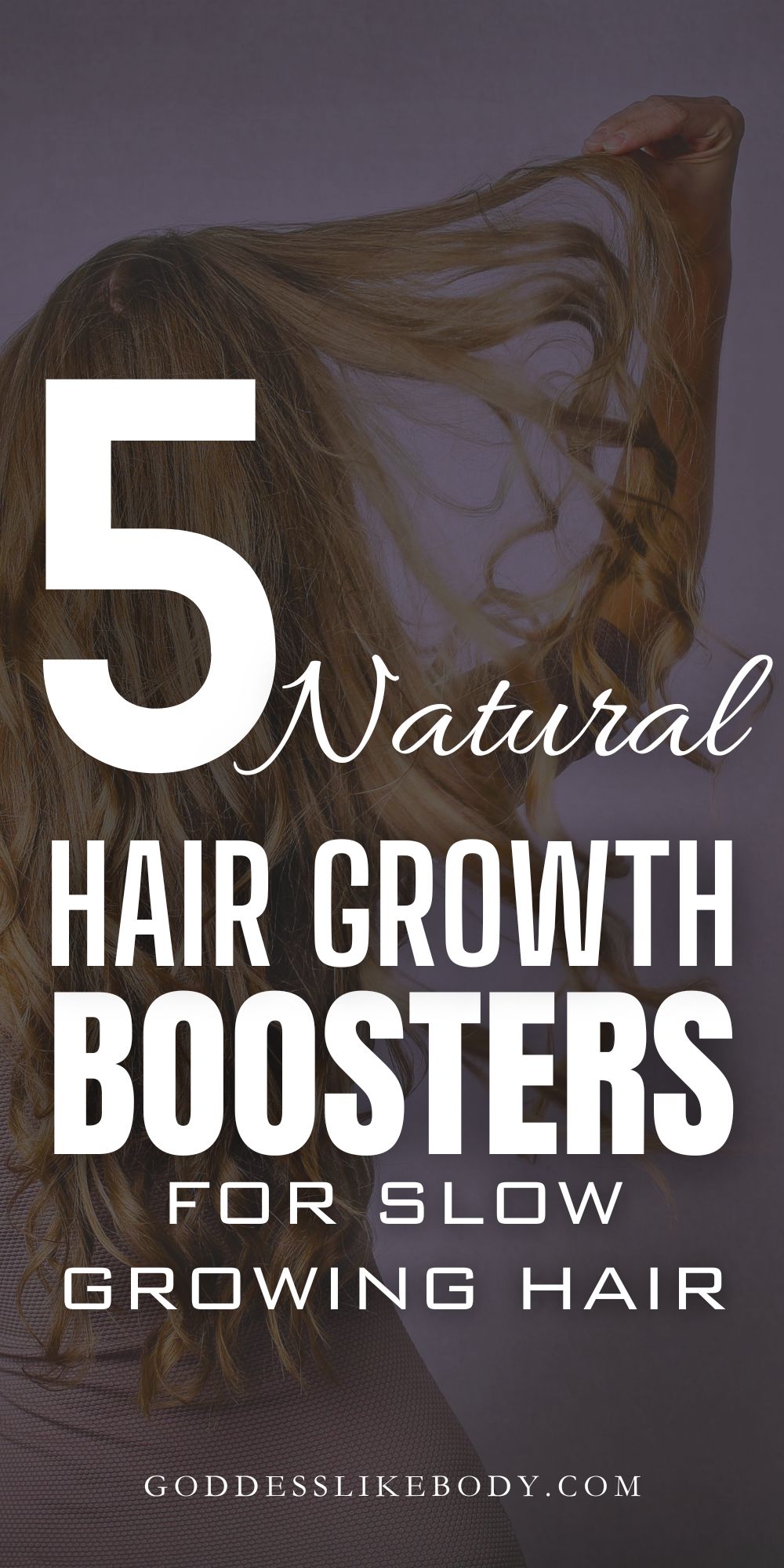
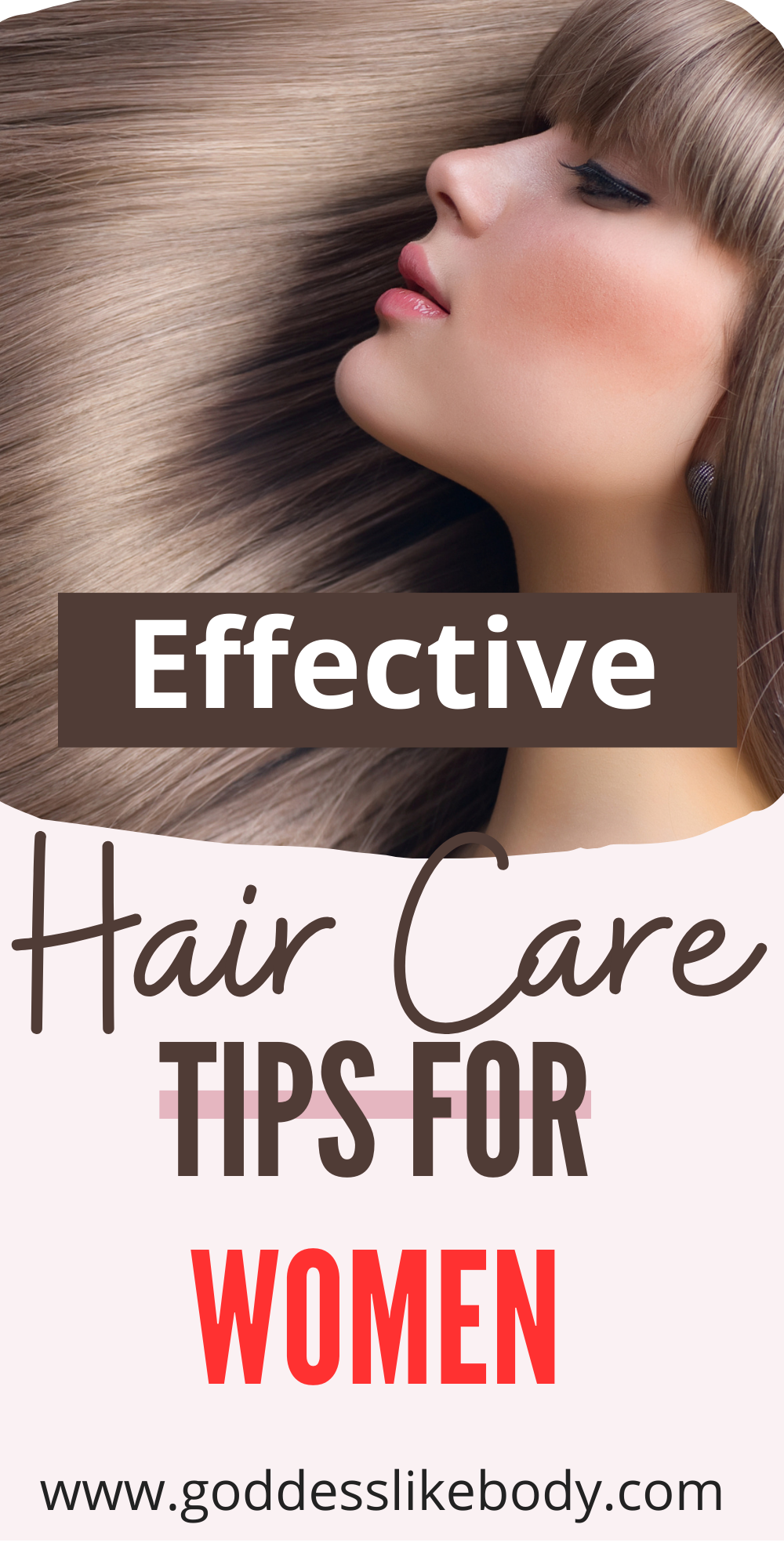

Leave a Reply